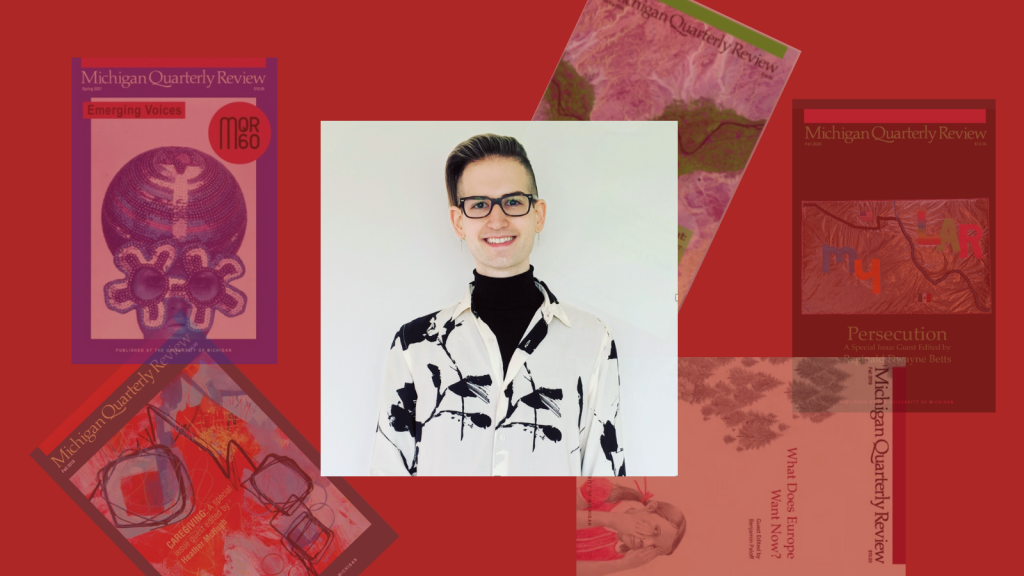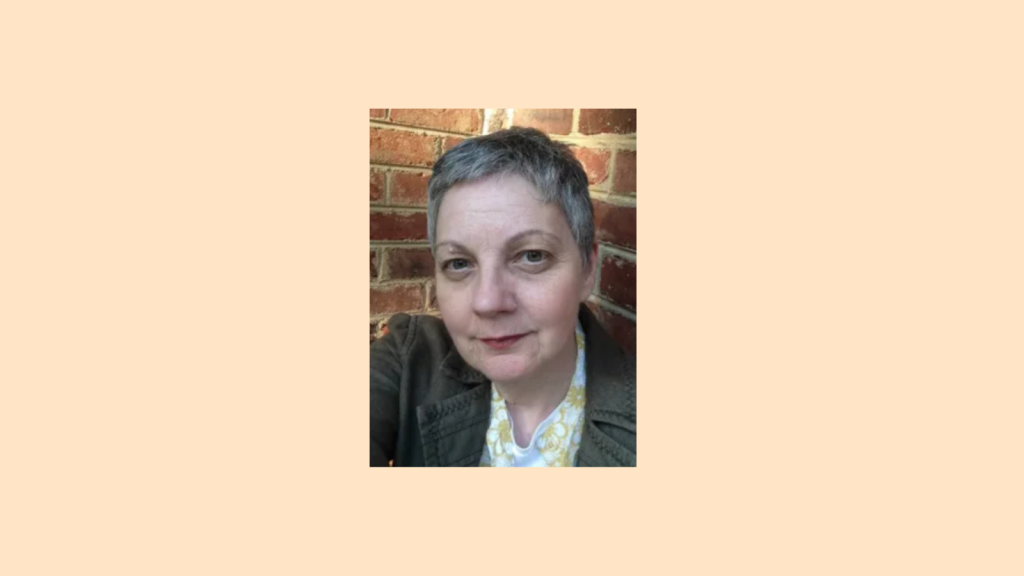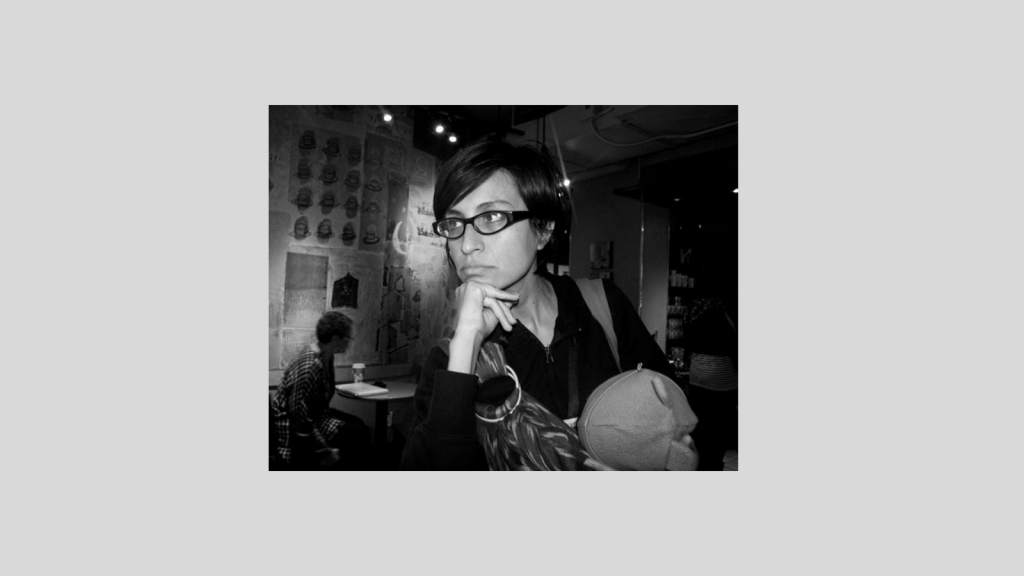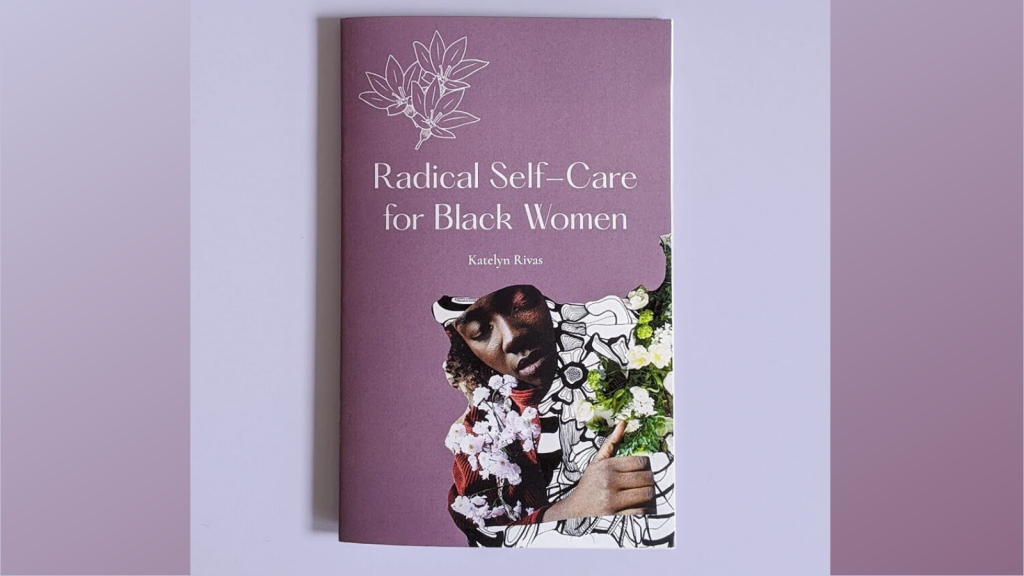The Necessity of Community: An Interview with Alise Alousi
I have seen how the Detroit community of writers and activists looks out for and supports young artists. It is something I experienced as a young writer as well. I don’t know if that exists in other parts of the country quite like it does here. I hope it does.
The Necessity of Community: An Interview with Alise Alousi Read More »










